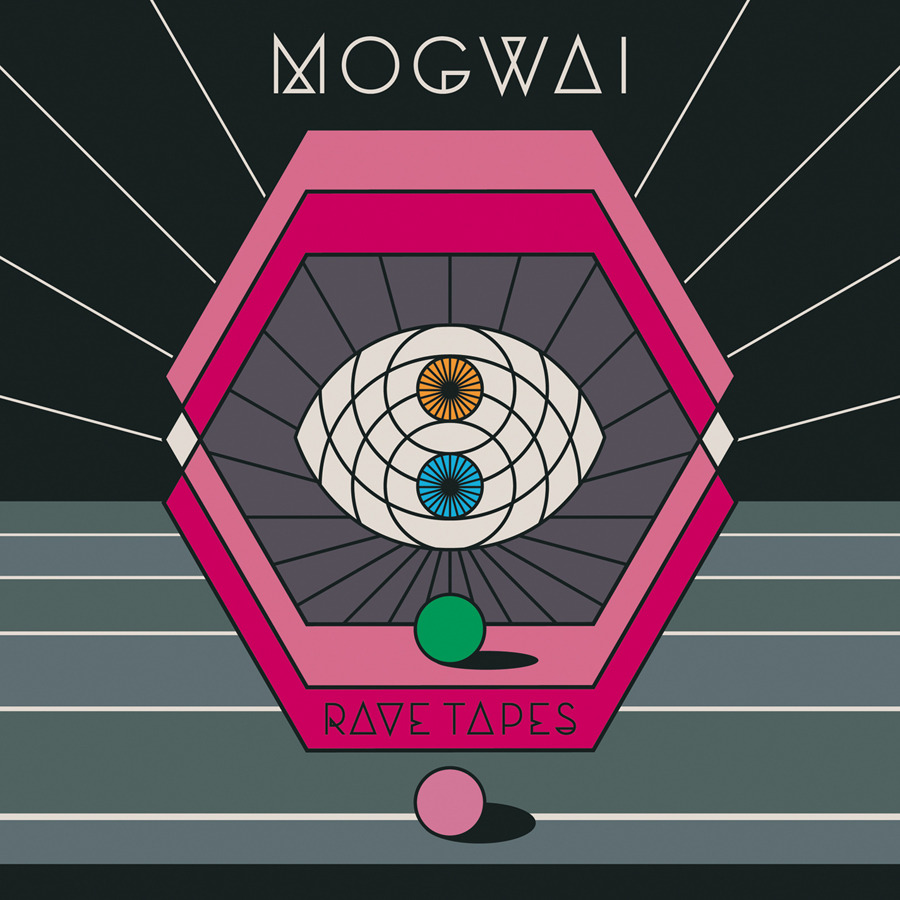 Pierre Jolivet (Pacific 231) and Philippe Blanchard (Lieutenant Caramel) have both been active in experimental music since the mid 1980s, and this is not their first collaboration. However, Aunt Sally is one of those albums that, even after sitting with it for a while and a number of repeated listenings, I still have mixed feelings about. Some moments come across as brilliantly absurdist pairings of cut up music and junk noise. Then there are moments that feel simply like random bits of sound slapped together haphazardly, justifying hat often leveled complaint against this sort of challenging art.
Pierre Jolivet (Pacific 231) and Philippe Blanchard (Lieutenant Caramel) have both been active in experimental music since the mid 1980s, and this is not their first collaboration. However, Aunt Sally is one of those albums that, even after sitting with it for a while and a number of repeated listenings, I still have mixed feelings about. Some moments come across as brilliantly absurdist pairings of cut up music and junk noise. Then there are moments that feel simply like random bits of sound slapped together haphazardly, justifying hat often leveled complaint against this sort of challenging art.
Two new shows just for you. We have squeezed out two extended release episodes for this weekend to get you through this week. They contain mostly new songs but there's also new issues from the vaults. The first show features music from Rider/Horse, Mint Field, Robert Aiki Aubrey Lowe, Anastasia Coope, ISAN, Stone Music, La Securite, Bark Psychosis, Jon Rose, Master Wilburn Burchette, Umberto, Wand, Tim Koh, Sun An, and Memory Drawings. The second episode has music by Laibach, Melt-Banana, Chuck Johnson, X, K. Yoshimatsu, Dorothy Carter, Pavel Milyakov, Violence Gratuite, Mark Templeton, Dummy, Endon, body / negative, Midwife, Alberto Boccardi, Divine. Cow in Maui from Veronika in Vienna. Get involved: subscribe, review, rate, share with your friends, send images! |



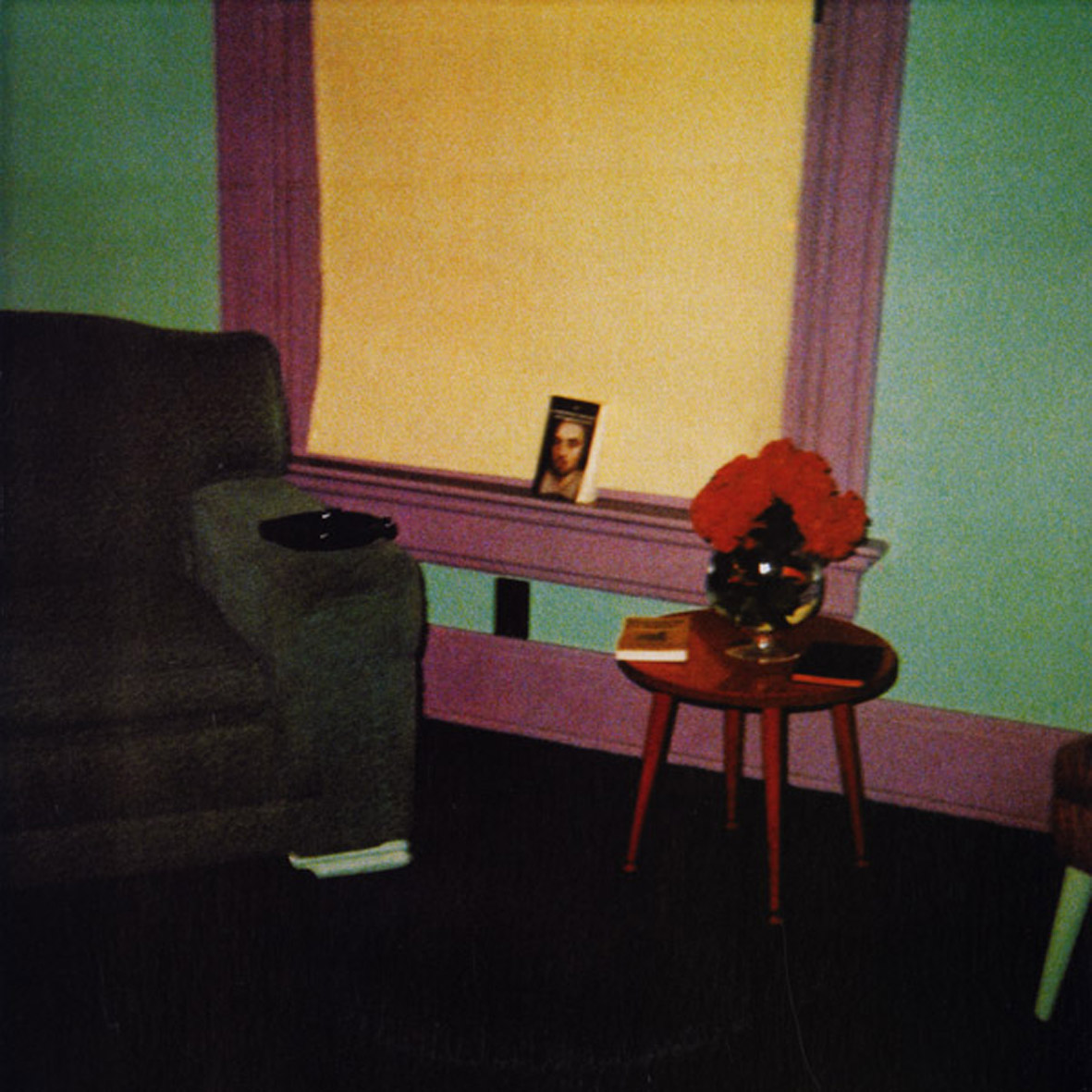 Originally attributed to The Units, this cryptic, haunting, and otherworldly 1978 debut is the album that began over three decades of myth, legend, and speculation regarding the man behind Corwood Industries.  While both the band name and cover art aesthetic proved to be quickly discarded false starts, Sterling Smith's uncompromising musical vision was fully formed from the very beginning...or at least as close to being fully formed as it would ever get.
Originally attributed to The Units, this cryptic, haunting, and otherworldly 1978 debut is the album that began over three decades of myth, legend, and speculation regarding the man behind Corwood Industries.  While both the band name and cover art aesthetic proved to be quickly discarded false starts, Sterling Smith's uncompromising musical vision was fully formed from the very beginning...or at least as close to being fully formed as it would ever get.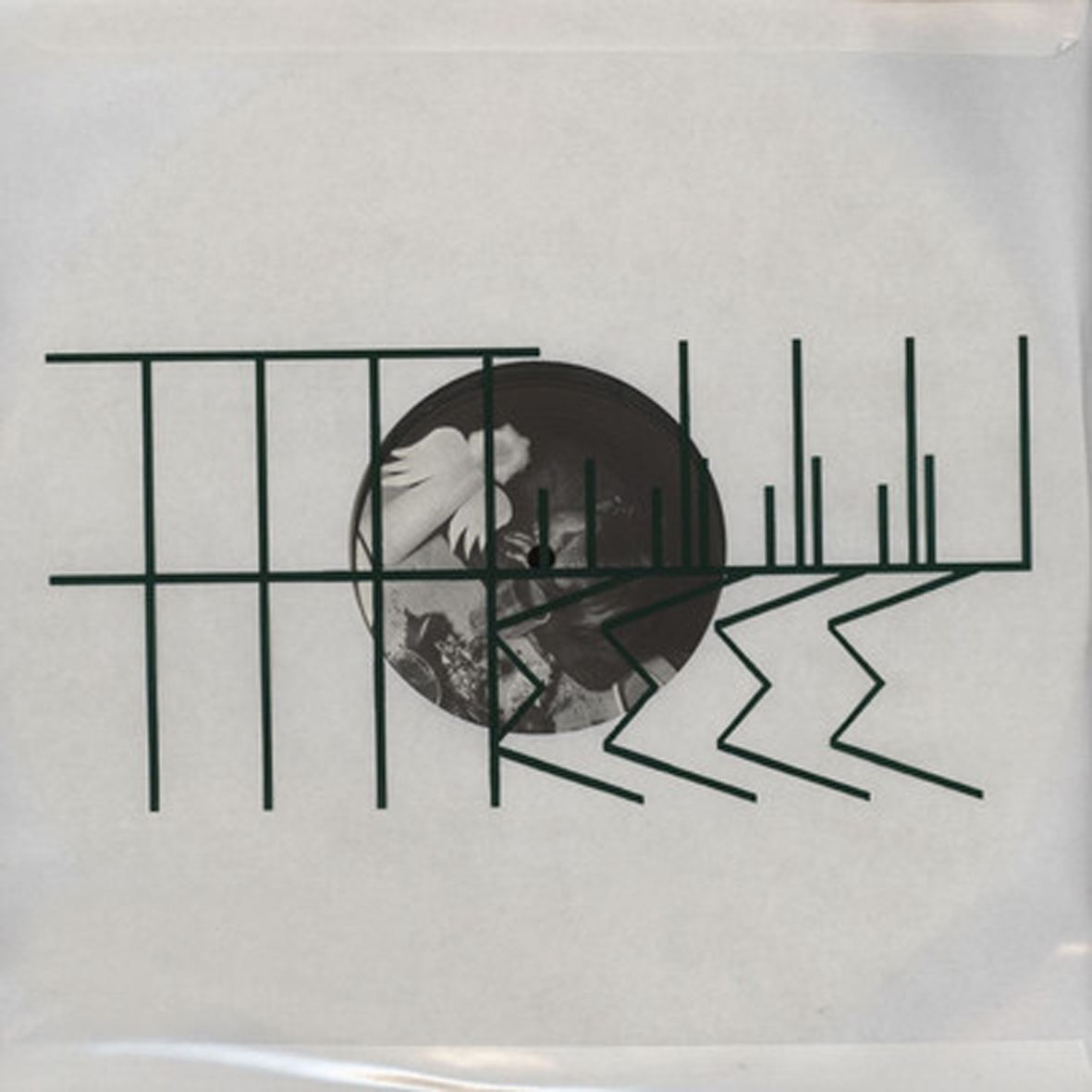 Although I have only been following Luke Younger's career for a few short years, one thing is very clear to me: he definitely does not like to repeat himself.  Curiously, however, that creative restlessness is not channeled into any sort of recognizably linear evolution; rather, each new Helm release seems to be a self-contained experiment or reinvention.  In keeping with that theme, these latest two EPs take divergent paths and succeed in divergent ways, though Silencer is definitely the superior one.
Although I have only been following Luke Younger's career for a few short years, one thing is very clear to me: he definitely does not like to repeat himself.  Curiously, however, that creative restlessness is not channeled into any sort of recognizably linear evolution; rather, each new Helm release seems to be a self-contained experiment or reinvention.  In keeping with that theme, these latest two EPs take divergent paths and succeed in divergent ways, though Silencer is definitely the superior one. In their 21st year, Tindersticks have decided to celebrate with two new albums. Across Six Leap Years, a retrospective of sorts, sees them revisiting older material with their current line up and the other is a radical departure as they soundtrack Les Salauds (another Claire Denis film). The soundtrack is the clear winner here but Across Six Leap Years has its moments too.
In their 21st year, Tindersticks have decided to celebrate with two new albums. Across Six Leap Years, a retrospective of sorts, sees them revisiting older material with their current line up and the other is a radical departure as they soundtrack Les Salauds (another Claire Denis film). The soundtrack is the clear winner here but Across Six Leap Years has its moments too.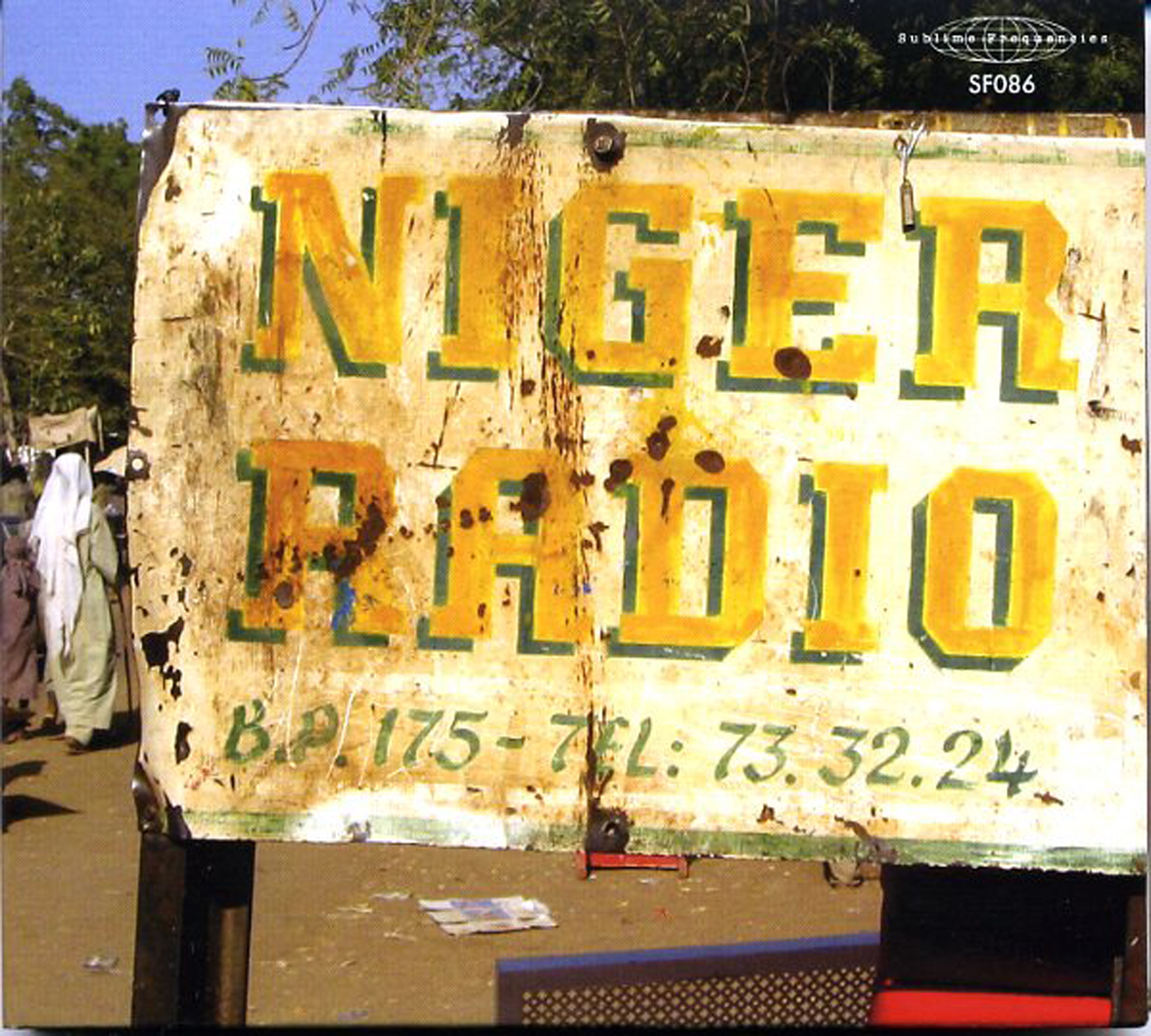 While there are many fine reasons to love Sublime Frequencies, their latest album highlights a personal favorite: their unwavering willingness to release superficially absurd, financially doomed, or utterly uncategorizable projects solely because they are interesting and unique.  Also, the fact that they are an established label means that something like this (a random-seeming collage of radio snippets recorded almost a decade ago) needs to be treated with considerably more critical thought and openness than it normally would be.  It certainly still sounds like a random collage of radio snippets, mind you, but the intent is deeper and more noble than that.
While there are many fine reasons to love Sublime Frequencies, their latest album highlights a personal favorite: their unwavering willingness to release superficially absurd, financially doomed, or utterly uncategorizable projects solely because they are interesting and unique.  Also, the fact that they are an established label means that something like this (a random-seeming collage of radio snippets recorded almost a decade ago) needs to be treated with considerably more critical thought and openness than it normally would be.  It certainly still sounds like a random collage of radio snippets, mind you, but the intent is deeper and more noble than that.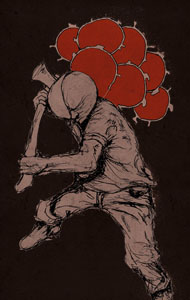 Compiling songs from various self-released cassettes, Selected Works I: Still Suns features a selection of Christian Dubé's work from between 2008 and 2011. Working heavily with cheap and damaged equipment, Rei Rea’s sound seems steeped most heavily in the noise world, with some more rhythmic elements slipping in to keep things original in an overpopulated genre.
Compiling songs from various self-released cassettes, Selected Works I: Still Suns features a selection of Christian Dubé's work from between 2008 and 2011. Working heavily with cheap and damaged equipment, Rei Rea’s sound seems steeped most heavily in the noise world, with some more rhythmic elements slipping in to keep things original in an overpopulated genre.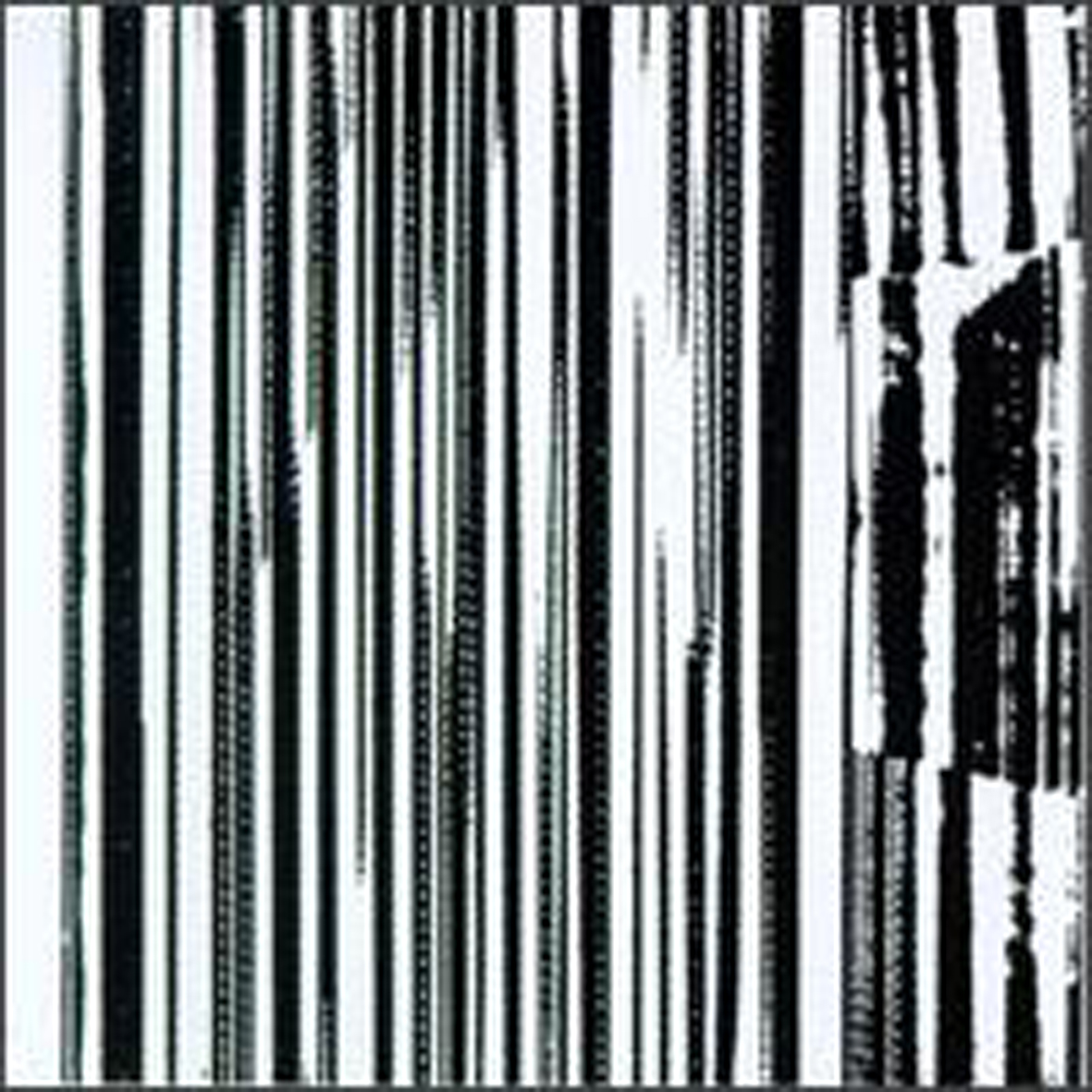 This 1992 double LP has historically been regarded to be The Dead C's zenith, though contention for that particular honor has gotten quite a bit more crowded with some of their more recent efforts.  In any case, there are certainly a few excellent songs and flashes of outsider brilliance amidst all the stumbling, shambling chaos and gleefully deliberate self-sabotage.  The flaws are a large part of the charm though–lots of people write good songs, but no one else has maintained this degree of playful, yet unwavering insouciance for quite as long as this New Zealand trio has (nor would they presumably want to).  That inexplicable persistence is its own artistic triumph though and this album is the most towering monument to it.
This 1992 double LP has historically been regarded to be The Dead C's zenith, though contention for that particular honor has gotten quite a bit more crowded with some of their more recent efforts.  In any case, there are certainly a few excellent songs and flashes of outsider brilliance amidst all the stumbling, shambling chaos and gleefully deliberate self-sabotage.  The flaws are a large part of the charm though–lots of people write good songs, but no one else has maintained this degree of playful, yet unwavering insouciance for quite as long as this New Zealand trio has (nor would they presumably want to).  That inexplicable persistence is its own artistic triumph though and this album is the most towering monument to it.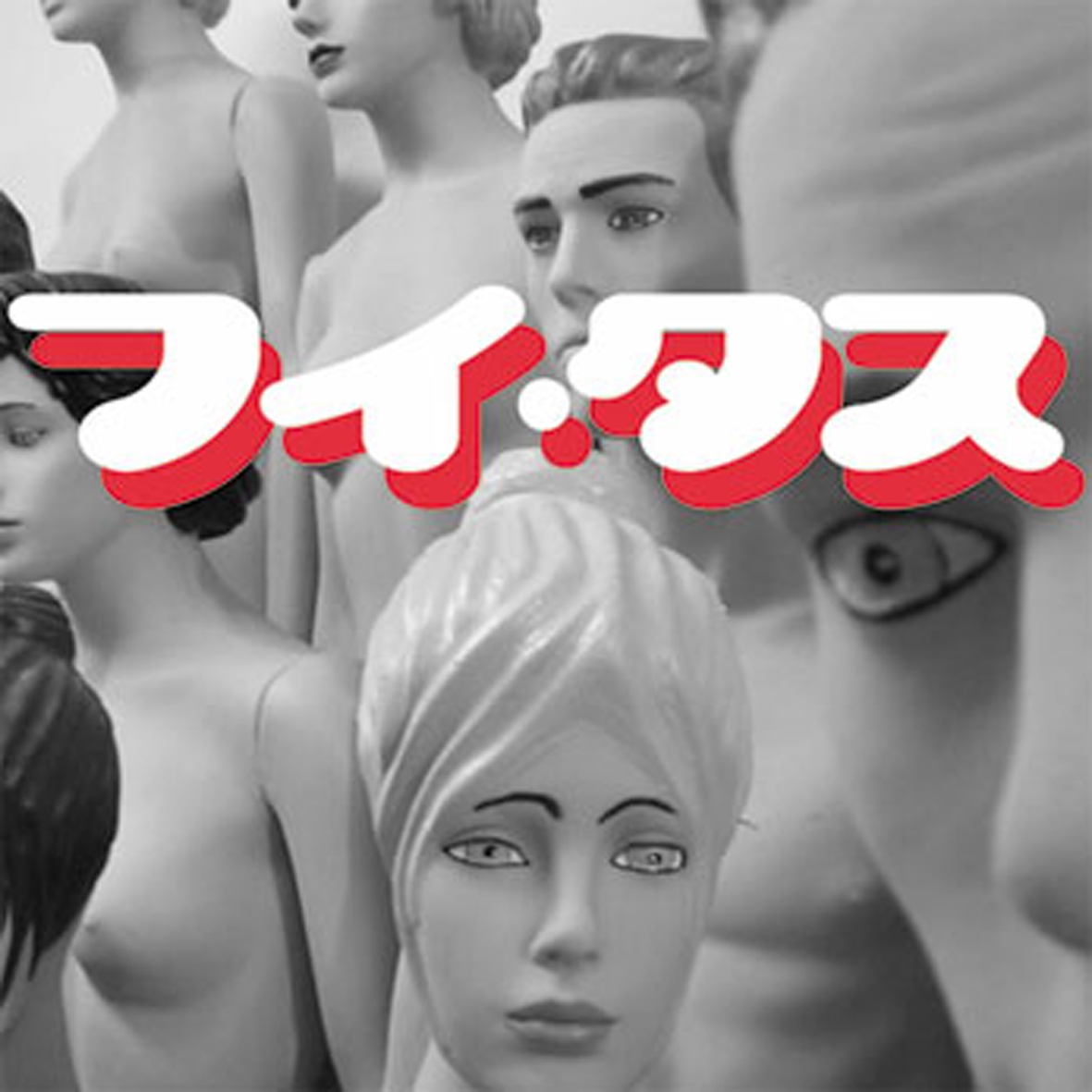 Well, I can honestly say that I have never heard another album quite like this one and I presumably never will again, as Soak is an extremely deranged and over-the-top effort—even by Foetus' inflated standards.  That does not necessarily mean that I like it, but I cannot help but admire its complexity, variety, epic scope, and sheer operatic bombast.  In fact, I am quite sure that potential likability was the furthest thing from Thirlwell's mind during these recordings, as Soak resembles nothing less than a mad genius with seemingly unlimited imagination, time, and resources concocting the most kaleidoscopic lunacy possible simply because he can.  We get to hear it, but this is clearly an album that Thirlwell made with himself as the target audience.
Well, I can honestly say that I have never heard another album quite like this one and I presumably never will again, as Soak is an extremely deranged and over-the-top effort—even by Foetus' inflated standards.  That does not necessarily mean that I like it, but I cannot help but admire its complexity, variety, epic scope, and sheer operatic bombast.  In fact, I am quite sure that potential likability was the furthest thing from Thirlwell's mind during these recordings, as Soak resembles nothing less than a mad genius with seemingly unlimited imagination, time, and resources concocting the most kaleidoscopic lunacy possible simply because he can.  We get to hear it, but this is clearly an album that Thirlwell made with himself as the target audience. An album with a name like Piano Nights immediately calls to mind a dour and downtrodden moment in a group's catalog. Bohren & Der Club Of Gore, however, thrive in the long and patient spaces between beats, where they eke out a brooding stagnant blend of drone and jazz, so melancholy is not exactly a new mood for them to explore. Strangely enough though, Piano Nights is probably more cathartic than their usual material. They make purgatory lounge music this time, as opposed to waltzing around in hell itself.
An album with a name like Piano Nights immediately calls to mind a dour and downtrodden moment in a group's catalog. Bohren & Der Club Of Gore, however, thrive in the long and patient spaces between beats, where they eke out a brooding stagnant blend of drone and jazz, so melancholy is not exactly a new mood for them to explore. Strangely enough though, Piano Nights is probably more cathartic than their usual material. They make purgatory lounge music this time, as opposed to waltzing around in hell itself.